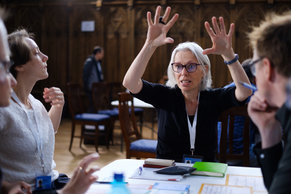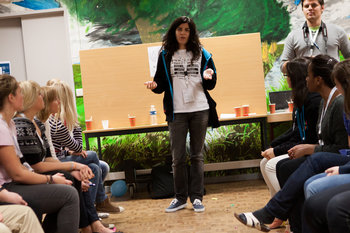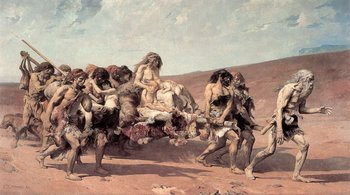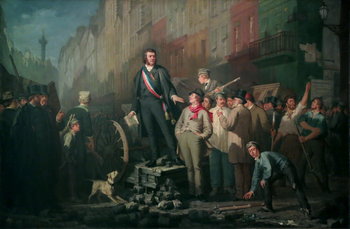
Strategy
A coach may develop strategy. For example, the head coach of a hockey team who develops a strategy for defeating another team by exploiting their weaknesses.Tactics
Tactics are plans that quickly respond to real world conditions. For example, a sports team that develops a plan for a play given factors such as their position on the field, the score, time remaining and the performance of both teams thus far in the game.Training
Developing the skills of teams and individuals to improve future performance. For example, a customer service coach who simulates difficult customer service interactions in order to prepare a team to find positive solutions to difficult problems.Direction
Leading a team or instructing an individual while they are performing. For example, a soccer coach who instructs a midfielder to play more aggressively forward during a game.Risk Management
Identifying and treating risk. For example, a coach of a high school team who provides safety training, ensures that safety equipment is worn properly and that players respect the safety of others on the field.Morale
Developing the morale of teams and confidence of individuals. For example, a coach who puts a team through hardships in training to help team members to bond.Knowledge of Results
Knowledge of results is the analysis of results to provide feedback. For example, a soccer coach who notices a player has seen a big dip in their pass completion rate in recent games.Knowledge of Performance
Looking at performance independently of results such as a soccer coach who notices that a goalkeeper was dangerously out of position on several plays despite not letting in any goals.Competitive Analysis
Providing information and insight into the position, strengths and weaknesses of the competition. For example, a leadership coach who helps a manager deal with intensive office politics by providing insight into the behavior of peers.Coach vs Mentor
A coach works with an individual or team to help them achieve a specific set of goals. A mentor is an experienced individual who acts as an advisor for a less experienced individual. A coach is often accountable for the performance of teams wheres a mentor is not accountable for results. A mentor is essentially a role model who offers knowledge and support.Coaching vs Training
Coaching implies ongoing leadership to achieve a set of objectives. Training is typically a limited activity that transfers knowledge and skills but is not directly involved in achieving objectives.| Overview: Coaching | ||
Type | ||
Definition | Leadership that is accountable for the performance of teams and/or individuals. | |
Related Concepts | ||






























